
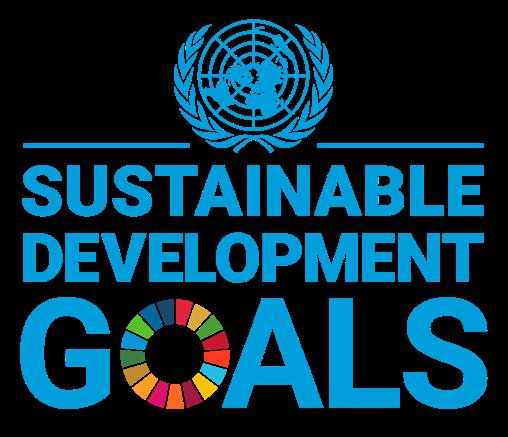

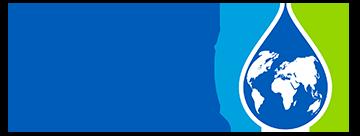

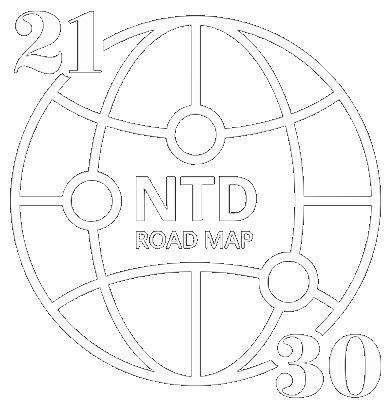







In the interest of promoting holistic health in underserved communities and providing a more productive and prosperous future for all African youth, the Pan-African Youth Union proposes the collaborative WASH&WEAR solution for adoption by all member states.
This Impact Plus Project represents a breakthrough bundle of cross-cutting interventions most efficiently delivered through the innovative WASH&WEAR community-led distribution model.
Implementation of this exciting new program will allow stakeholders to take positive steps toward our shared goals of promoting community hygiene, preventing the spread of Neglected Tropical Disease, improving vaccine uptake, and contributing directly to the health and empowerment of the African girl-child.

Presenting and practicing proper hygiene techniques to reinforce the adoption and use of UNICEF developed WASH principles.
Promoting and providing the professional administration of vaccines and nutrition for the control of disease and hunger.
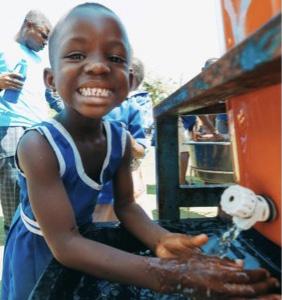
1
2
CROSS-CUTTING BREAKTHROUGH BUNDLE CROSS-SECTOR INTERVENTION
3


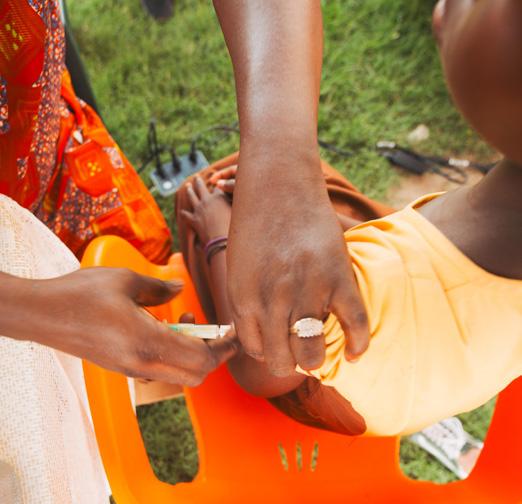
Elevating a moment of practical hygiene to inspire, encourage, and show the respect and dignity due every human soul.
Providing the prophylactic of proper footwear to protect from injury, prevent diseases, and improve access to work and school.
A cross-cutting, locally-owned, distribution model providing a breakthrough bundle of health promoting interventions.
Footwear that prevents injury, promotes hygiene and protects against disease.
Designed for comfort in diverse climates and conditions
Made with biodegradable EVA foam to reduce waste and environmental impact
Infused with antibacterial agents to promote hygiene and healing
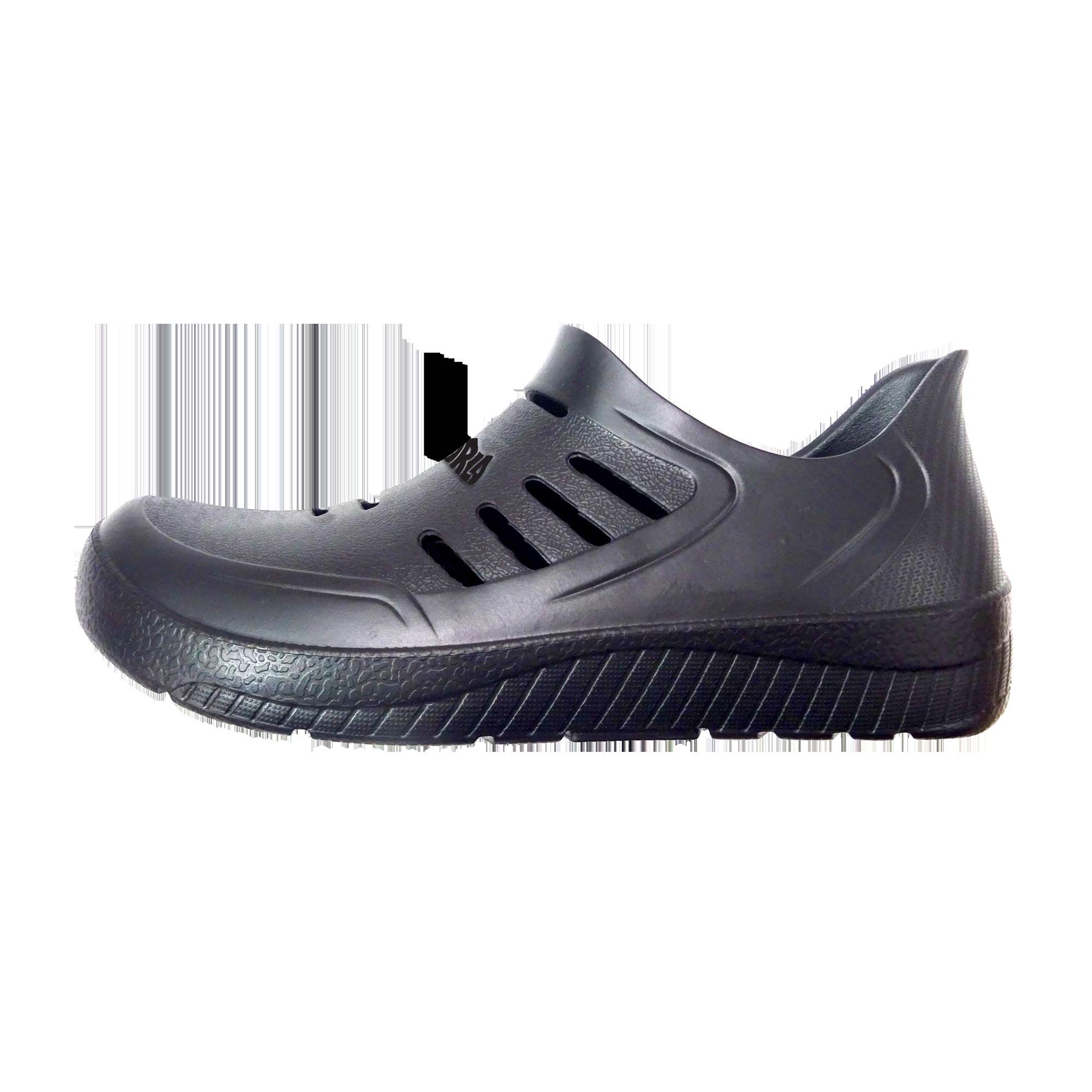
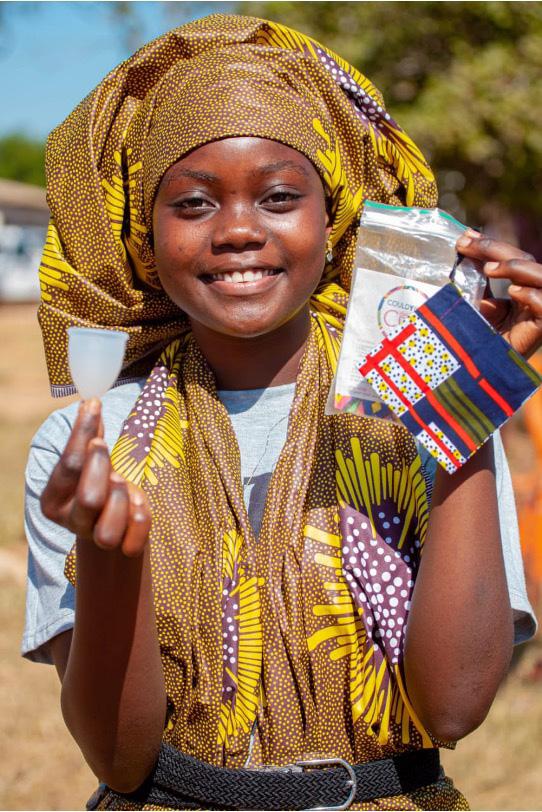
transforming the lives of women and girls globally.
It is 100% medical-grade silicone and is WHO’s WASH considerate and environmentally-friendly.
One menstrual cup saves 89kg of CO2 emissions and is the only sustainable, scalable menstrual solution to end period poverty.
The cup has been successfully accepted across Africa in rural communities, refugee camps, prisons & schools. A recent 7 year study shows the menstrual cup reduces HSV-2 and bacterial vaginosis and increases good bacteria.
“Investing in NTD elimination programmes creates a ripple effect. It leads to better education, health and employment outcomes. It transforms lives and our communities. An Africa free from NTDs is possible. Let us act now, and act together. Ghana is 100% Committed to ending neglected tropical diseases.”
 Nana Akufo-Addo, President of Ghana
Nana Akufo-Addo, President of Ghana
Approximately 40% of Liberia’s population is affected by parasitic worm infections. Additionally, Liberia’s female population is also facing the prevalent challenges of HPV, cervical cancer and period poverty.
Post Civil War Burundi has made efforts to develop prevention strategies for NTDs but remains endemic for many major NTDs including Soil-Transmitted Helminths. A foundation is in place for introducing a cross-cutting solution.
12 countries
1.2 million children
100,000 children served per country
1.2 million pairs of shoes
600,000 menstrual cups
pair of shoes + cup $25 per girl child
pair of shoes $15 per boy child
1 country $2.25 million
5 countries $11.25 million
8 countries $18 million
12 countries $27 million
protect from and prevent NTDs
promote hygiene
provide access to menstrual health services
propel vaccine uptake
Women of minimum wage in Ghana have to spend 1 of every 7 dollars they earn for disposable pads. Period poverty reduces access to education for the girl-child and earning potential for women.
THE UNJUST CYCLE
poor hygiene poverty DIRECT SERVICE (AID) shoe wearing hygiene training vaccines
preventable disease
STABILIZING TREATMENT
innovative products bundled interventions community ownership
SUSTAINING SYSTEMIC CHANGE
cross-sector collaboration collective impact partnerships
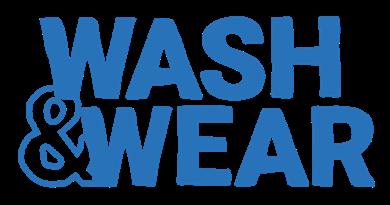
• Country-Owned, Community-Led Solution
• Improved Vaccine Uptake
• Better Hygiene Practice
• Increased Educational Access and Performance
• Improved Productivity and Earning Potential
Mozambique has one of the highest rates of cervical cancer in the world with an estimated 8.6% of all females infected with the cancerous HPV-16/18 strand.
South Africa is endemic to several NTDs specifically among the poor. However, with a major focus on HIV/ Malaria, national strategies have mostly overlooked these preventable diseases with more than 3 million left unprotected.
Many girls in Uganda grow up in dread of their period because of stigma. On average, more than 10% of a school-term is missed due to menstruation and in rural areas many simply drop out because of it.

Children aren’t always excited about taking medicine, and many parents are skeptical about vaccination. However, both children and their parents have shown their willingness to go to great lengths for a good pair of shoes.

couldyou.org
CouldYou? provides a scalable and sustainable solution to period poverty by providing menstruators with health education and the 100% medical-grade silicone CouldYou? menstrual cup.
The CouldYou? Cup can be worn safely for 12 hours, and one cup can be used for over 10 years empowering girls to stay in school and for menstruators everywhere to never need to choose between buying food or buying menstrual products.
Deworming Pills
New Cholera and Malaria Vaccines
COVID and Flu Boosters
HPV Vaccine
HIV and TB vaccines
Reproductive Health
Nutrition and Food Supply
worldshoefund.org
World Shoe is a social enterprise disrupting the chronic cycle of poverty and preventable disease by investing in global health from the ground up.
Shoes have proven to be one of the most efficient disease fighters in the world when combined with consistent hygiene practice. However, 600,000,000 people live each day without them.
World Shoe is committed to an entrepreneurial market-based approach to transform how the world views sustainability of humanitarian efforts and the empowerment of all people to live healthy lives.